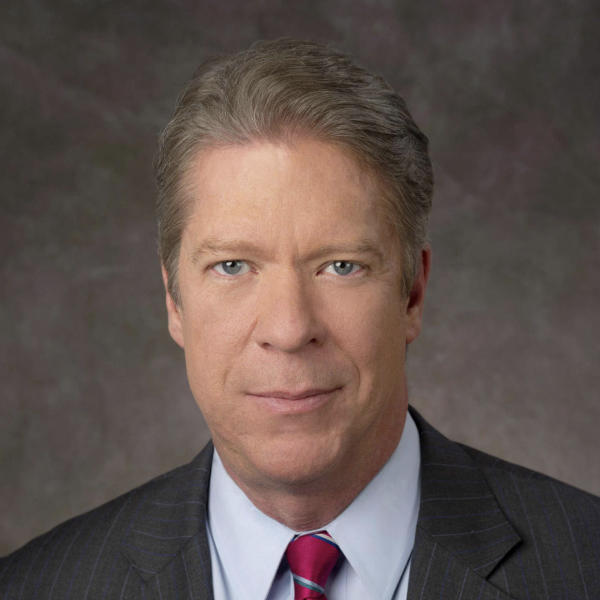Will changes to U.S. hostage policy help families?
WASHINGTON -- The White House revealed Wednesday that more than 30 Americans are currently being held hostage overseas.
President Obama had the families of those hostages in mind as he explained a new policy that allows relatives to pay ransom in exchange for their loved ones, without the fear of prosecution.
"It is true that there have been times where our government, regardless of good intentions, has let them down," Mr. Obama said.
It amounted to a presidential apology to families of American hostages.
"Many of the families told us that they, at times, felt like an afterthought," he said. "That ends today."
The U.S. will maintain a decades-old policy against paying ransom and offering concessions to hostage takers.
However, the Justice Department will not prosecute families that pay on their own. There have been no prosecutions of that kind, but threats were made, which unnerved many families.
For the first time, the government will facilitate conversations between American families and kidnappers.
In addition, the president has created a so-called Hostage Recovery Fusion Cell inside the FBI to coordinate military, intelligence and diplomatic efforts to free American hostages and communicate with family members.
Among them, the parents of journalist James Foley, the first American murdered while in ISIS captivity.
A foundation created in his honor released a statement praising the White House for examining "the previously inadequate response to the kidnapping of American citizens abroad."
Republican Congressman Duncan Hunter dismissed the White House approach as "pathetic."
"Nothing, I don't think, will improve based on the way they have this set up tactically," Hunter said. "The FBI is still in charge. There's no FBI agents in Somalia, in Yemen, in Afghanistan, Pakistan or Syria or any of these places."
Critics do not believe allowing private ransom payments will increase the frequency of hostage taking. The consensus is private payments will be small compared to what the government could pay, and that many Americans are taken for propaganda purposes, not ransom.
